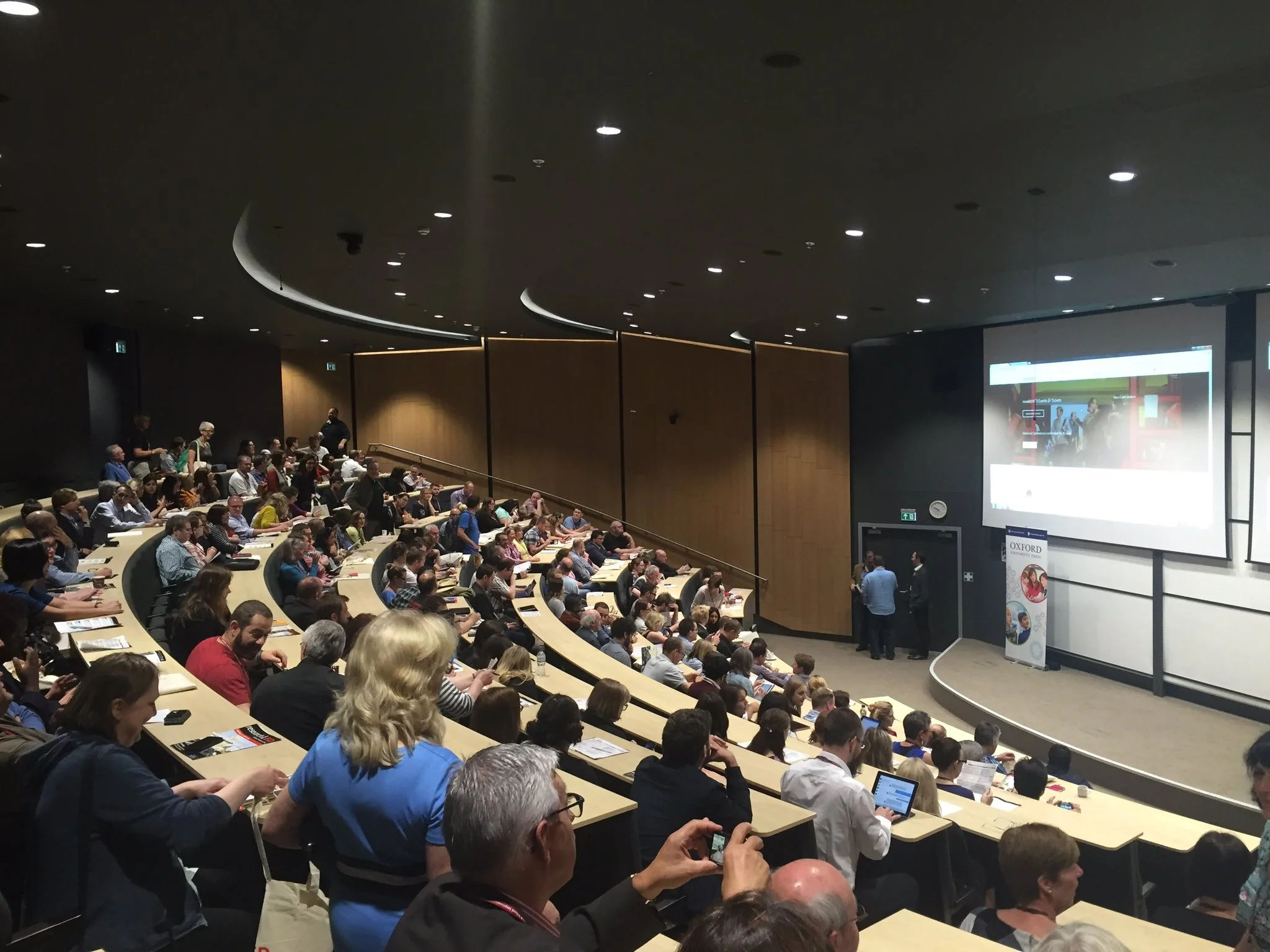Last week, I gave a talk at researchED Math & Science at Oxford University. I have never been to a conference where the attendees seemed so genuinely excited! The place was buzzing as we prepared for the opening speech. ...
Weekly Digest #14: How to Encourage Students to Transfer their Knowledge
For the past two weeks we have been discussing transfer and how difficult it is to achieve, despite being a common goal of educators. We hope that walking through some of the research on transfer helps to clarify why knowledge transfer is a complicated ...
What's Transfer, and Why is it so Hard to Achieve? (Part 2)
Last week, we talked about near transfer. This week, we’re going to talk about…slightly-further-away transfer. Obviously, no-one actually calls it that; in the study that we describe, it was referred to as “far” transfer. However, there is no consensus on what ...
GUEST POST: What Causes Test-score Inflation? Comparing Two Theories
Ask most anyone inside U.S. education—in the “education establishment”—about “teaching to the test”, and they will tell you that externally imposed high-stakes tests induce teaching to the test. Moreover, teaching to the test—replacing instruction on subject ...
Weekly Digest #13: How Teachers Implement Retrieval in their Classrooms
Over the last couple of weeks, our digests have focused on standardized testing. We published a digest of divergent views on standardized testing, and last week we published a digest about how to make standardized testing better. This week, we step ...
What's Transfer, and Why is it so Hard to Achieve? (Part 1)
One of the critiques that we receive as cognitive psychologists is that testing encourages rote memorization, which is not the goal of most educators. We understand the critique; our goal is rarely to simply transmit raw facts to our students. Instead, ...






